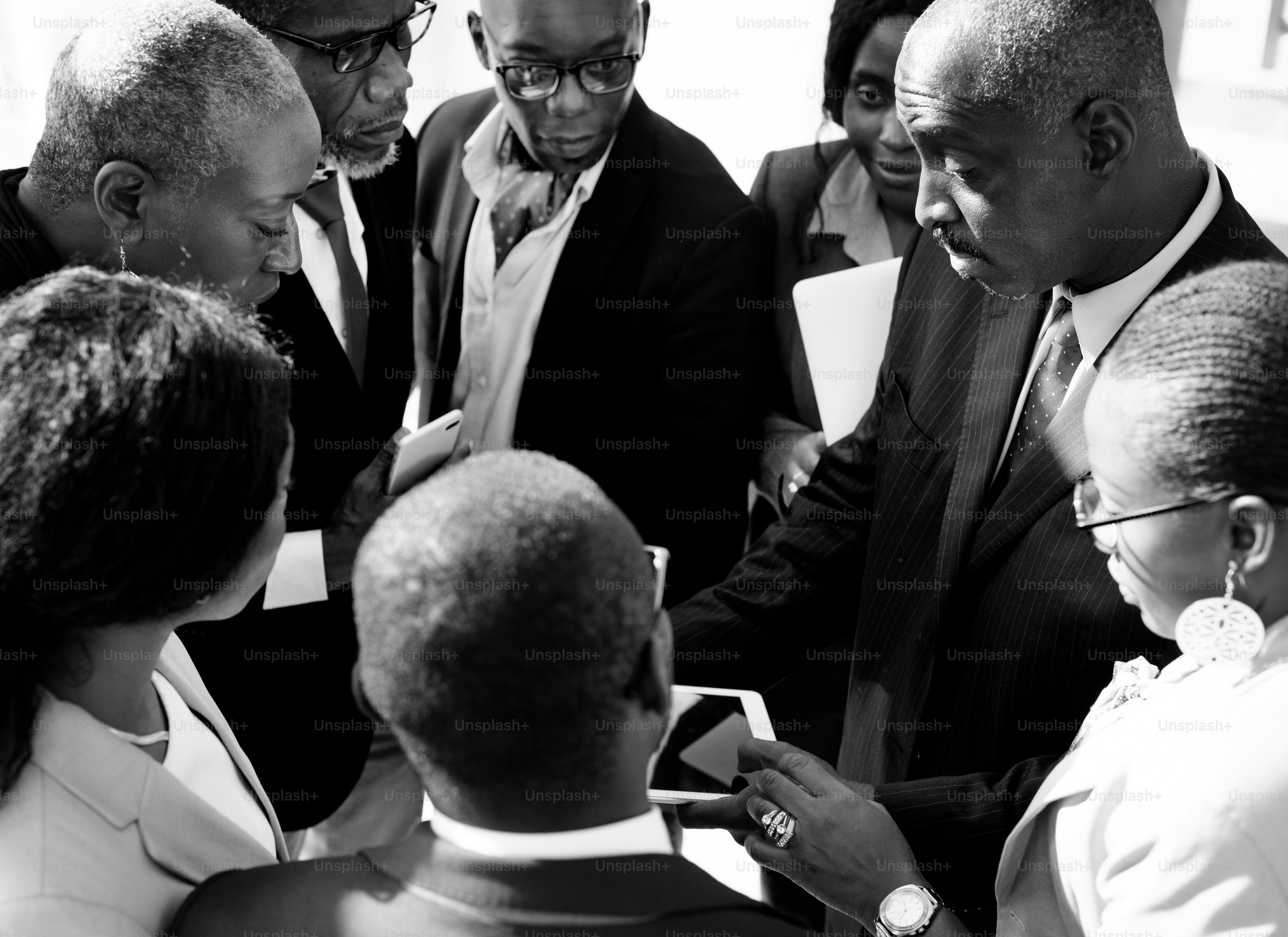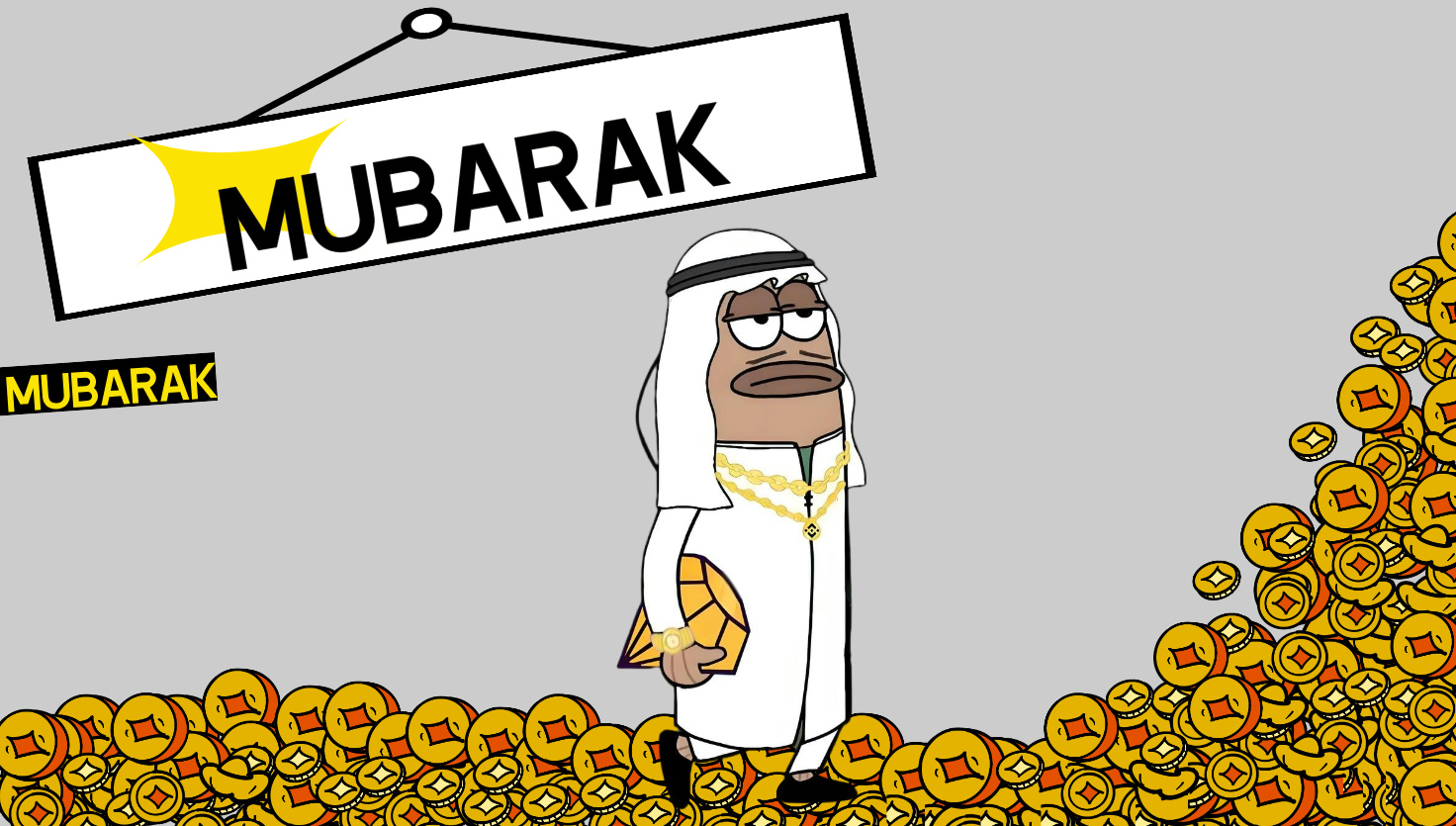Let’s be blunt: escalating tensions in South Asia benefit absolutely no one. Pakistan’s Ambassador to the UN, Asim Iftikhar Ahmed, delivered a powerful message yesterday, calling for immediate dialogue and diplomatic solutions to prevent the situation from spiraling out of control. Frankly, it’s a message we should all be shouting from the rooftops.
Pakistan, Ahmed emphasized, is not looking for conflict. This isn’t just rhetoric; the political leadership and officials across the board have consistently reiterated this position. They’ve been making moves behind the scenes too, briefing the UN Secretary-General, the General Assembly President, and the Security Council on the latest developments.
Knowledge Point: The Importance of Preventative Diplomacy
Preventative diplomacy is a core tenet of international relations. It focuses on stopping disputes from escalating to conflict. It’s cheaper, and more importantly, it saves lives.
These efforts involve mediation, negotiation, and fact-finding – all geared towards creating space for dialogue. Ignoring these approaches often leads to disastrous consequences.
The recent situation highlights how quickly regional instability can arise. This underlines the need for consistent, proactive diplomatic intervention.
Ignoring the necessity for a measured response and open communication is frankly reckless. It’s a dangerous game with potentially catastrophic outcomes.
Pakistan is actively engaging with international partners, conveying its concerns and seeking support for a peaceful resolution. This is precisely what responsible statesmanship looks like.
This isn’t just about Pakistan; it’s about regional stability and global security. We need to see a concerted effort from all stakeholders to prioritize de-escalation and constructive engagement. Otherwise, we’re all at risk.







